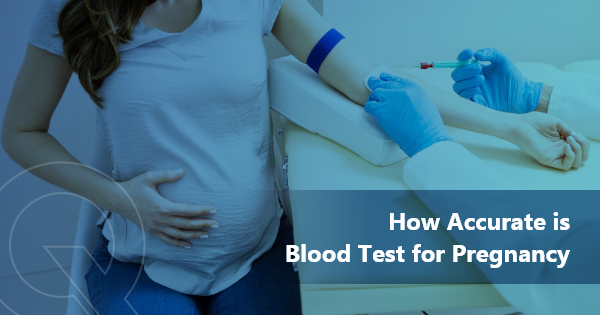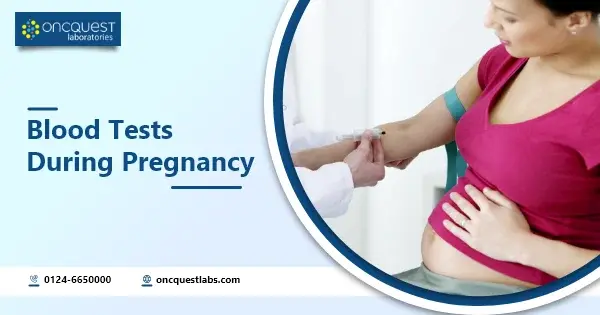Contents
Overview
Have you missed your period? There are chances that you might be pregnant. Every woman shares a different experience of pregnancy. No woman shares similar symptoms; hence, determining your pregnancy can sometimes seem complicated.
The best way to know about pregnancy is to take a pregnancy test at home. This test helps detect a hormone known as human chorionic gonadotropin (hCG), which is only produced when a fertilised egg attaches itself to the uterus lining. These tests are available at any drug store near you.
Let’s look at common and some less common early signs and symptoms of pregnancy.
Common signs and symptoms of pregnancy
Common early signs and symptoms of pregnancy may include:
- Missed Period: A missed period is one of the most reliable signs of pregnancy. If a woman fails to track her period cycle closely, it might not be easy to notice a missed period.
During pregnancy, the body produces hormones that stop ovulation and the shedding of the uterus lining. But a woman may also miss her period due to stress, exercise, dieting, hormone imbalances, and other factors.
- Frequent urination: This is an early sign of pregnancy where the body’s blood supply increases and kidneys filter the blood and remove extra fluids resulting in frequent urination. This noticeable difference may appear in the first few weeks into pregnancy.
- Fatigue: Several women feel extremely exhausted in early pregnancy due to high hormone progesterone levels. The development of milk-producing glands may also add to this symptom.
- Morning Sickness: Nausea may occur as early as two weeks since conception or may also arise a few months after the start of pregnancy. This is often triggered by certain odours, spicy foods and heat. However, not every woman experiences nausea, and the symptoms can happen at any time.
- Sore or Tender breasts: This soreness is temporary and fades once the body gets used to the increased hormones.
While some might experience the common symptoms of pregnancy, the other less common signs and symptoms which might indicate pregnancy include:
- Spotting: In the first few weeks of pregnancy, a woman may have a bleed similar to a very light period, with some spotting or only losing a little blood, known as implantation bleeding. This may be a sign that an embryo has been implanted in the uterus lining.
- Food cravings and aspersions are usually signs of pregnancy that appear in the first trimester. While some foods and flavours may seem pleasing in early pregnancy, others might suddenly taste terrible. These likes and dislikes may happen throughout pregnancy.
- Metallic taste in the mouth: During the early stages of pregnancy, many women experience a metallic taste in their mouths known as Dysgeusia. This is common in the first trimester due to a surge in estrogen.
- Headaches and dizziness: Caused by altered levels of hormones and blood pressure, the issues of headaches, lightheadedness, and dizziness are common during early pregnancy. It may occur once in a while throughout your pregnancy.
- Cramping: It could also signify an ectopic pregnancy or other complications.
- Mood swings: Common in pregnancy, a woman may experience mood swings due to continuous changes in hormones in the body. They are normal and may happen throughout pregnancy.
- Smell sensitivity: Experiencing a heightened sense of smell is an early pregnancy symptom that might make previously mild odours strong and unappealing.
- Bloating: This is caused due to hormonal changes in the body due to pregnancy.
- Basal Body Temperature: An elevated Basal Body Temperature (BBT) can be the first indication of pregnancy, even before the positive pregnancy test.
What to do if you notice symptoms of pregnancy?
If you notice any early pregnancy signs or symptoms mentioned above, you must take a home pregnancy test.
If it is positive, the doctor can confirm pregnancy by observing changes in the cervix or uterus or detecting a fetal heartbeat via ultrasound.
However, if the urinary test comes out as negative, there is still a chance that a woman may be pregnant. In such cases, a home pregnancy test should be retaken after a week’s wait period.





